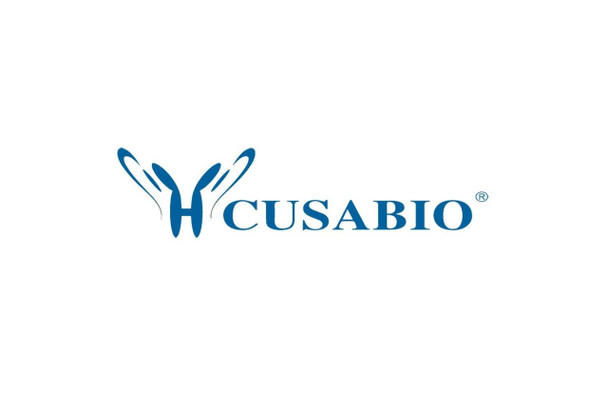Cusabio Polyclonal Antibodies
AGXT Antibody | CSB-PA256331
- SKU:
- CSB-PA256331
- Availability:
- 3 to 7 Working Days
Description
AGXT Antibody | CSB-PA256331 | Cusabio
AGXT Antibody is Available at Gentaur Genprice with the fastest delivery.
Online Order Payment is possible or send quotation to info@gentaur.com.
Product Type: Polyclonal Antibody
Target Names: AGXT
Aliases: Alanine-glyoxylate aminotransferase
Background: Serine—pyruvate aminotransferase is an enzyme that in humans is encoded by the AGXT gene. This gene is expressed only in the liver and the encoded protein is localized mostly in the peroxisomes, where it is involved in glyoxylate detoxification. Mutations in this gene, some of which alter subcellular targetting, have been associated with type I primary hyperoxaluria. Defects in AGXT are the cause of hyperoxaluria primary type 1 (HP1), also known as primary hyperoxaluria type I (PH1) and oxalosis I. HP1 is a rare autosomal recessive inborn error of glyoxylate metabolism characterized by increased excretion of oxalate and glycolate, and the progressive accumulation of insoluble calcium oxalate in the kidney and urinary tract.
Isotype: IgG
Conjugate: Non-conjugated
Clonality: Polyclonal
Uniport ID: P21549
Host Species: Rabbit
Species Reactivity: Human, Mouse, Rat
Immunogen: Synthetic peptide of human AGXT
Immunogen Species: Human
Applications: ELISA, WB
Tested Applications: ELISA, WB;ELISA:1:2000-1:5000, WB:1:500-1:2000
Purification Method: Antigen affinity purification
Dilution Ratio1: ELISA:1:2000-1:5000
Dilution Ratio2: WB:1:500-1:2000
Dilution Ratio3:
Dilution Ratio4:
Dilution Ratio5:
Dilution Ratio6:
Buffer: -20°C, pH7.4 PBS, 0.05% NaN3, 40% Glycerol
Form: Liquid
Storage: Upon receipt, store at -20°C or -80°C. Avoid repeated freeze.
Initial Research Areas: Signal Transduction
Research Areas: Metabolism;Signal transduction









